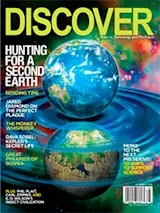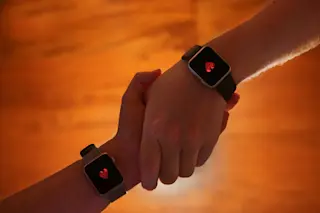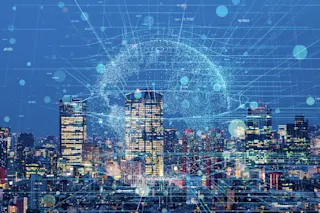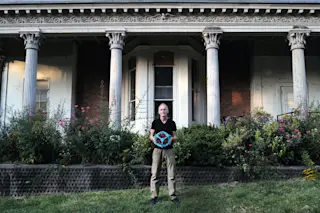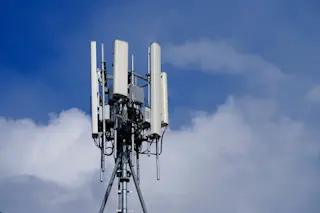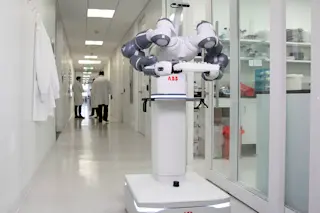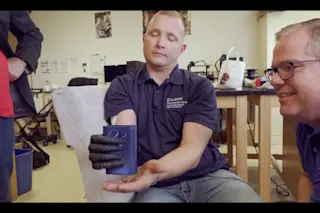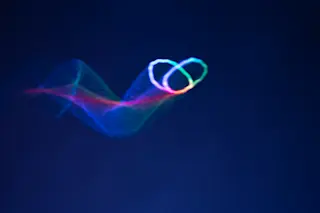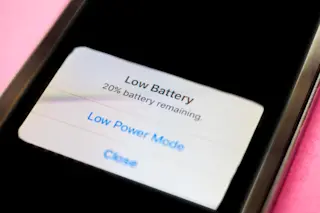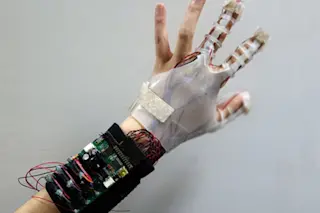In a music recording studio, just like in a Las Vegas casino, there is no evidence of the passage of time. You work in the dark. There are no windows because windows are not soundproof.
In the absence of natural time, artificial time rules everything that happens in that room. Recording sessions can now take place continents away, simultaneously. For example, say a band has recorded a drum part in Los Angeles but the lead guitarist is in London pretending to go out with Kate Moss. He can go into a London studio, connect via broadband using Pro Tools, which is probably the most common recording software in use today, and lay down a guitar solo that will sync perfectly with the drum part.
Pro Tools synchronizes the two sessions using an artificial time code to establish what sound engineers call positional reference. The code is recorded onto one audio ...


